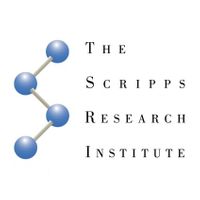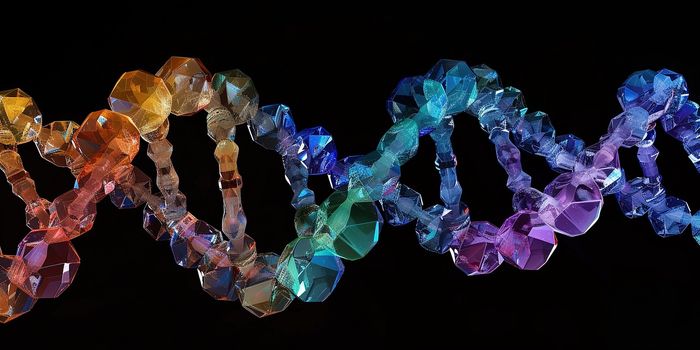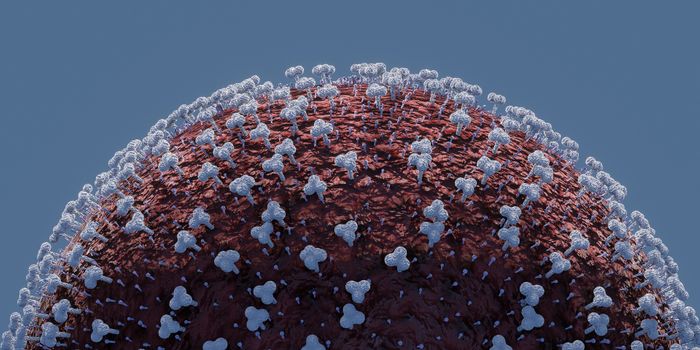Findings from a new study led by scientists from the Florida campus of The Scripps Research Institute (TSRI) suggest a potent new therapeutic approach for a number of hard-to-treat breast cancers.
The study points to an enzyme called casein kinase 1δ (CK1δ), a critical regulator of growth, as a novel and highly vulnerable therapeutic target. Increased CK1δ expression is common to breast cancer, including the difficult-to-treat subtype called “triple negative breast cancer” (those cancers not driven by estrogen, progesterone, or the HER-2/neu gene), affecting 10 to 20 percent of breast cancer patients.
The study, which was published today in the journal
Science Translational Medicine, was a collaboration among the Florida labs of Derek Duckett and William R. Roush, both of TSRI, and John Cleveland, formerly of TSRI and currently at the Moffitt Cancer Center.
“Our findings confirm that aberrant CK1δ regulation promotes tumor growth in breast cancers by activating the protein β-catenin,” said Duckett, an associate professor at Scripps Florida. “The best news, however, is that we have been able to treat CK1δ-expressing breast cancers with a highly selective and potent CK1δ inhibitor developed by Bill Roush’s lab that triggers rapid tumor cell death.”
At the beginning of the study, the team knew that the β-catenin protein was an oncogene in many cancers, but it was unclear why it was activated in these breast cancer types since they lacked typical mutations in those pathways. The researchers suspected the link could be overexpression of CK1δ. Their experiments showed that indeed to be the case.
To confirm the new target, the study used the Roush lab compound, called SR-3029. SR-3029 was remarkably successful at blocking the growth of tumors in both animal models and in studies with tumor tissue from breast cancer patients.
“SR-3029 removes β-catenin from cancer cells, killing the tumors,” explained Duckett. “This is an extraordinarily promising strategy for targeted treatment with SR-3029, especially in breast cancers that lack targeted treatment options.”

“These results are just the tip of the iceberg,” added Roush, who is professor, associate dean and executive director of medicinal chemistry at TSRI. “Inhibitors such as SR-3029 are being studied in a host of different cancers, and we are hopeful this platform can be translated into clinical applications.”
The first author of the study, “Therapeutic Targeting of Casein Kinase 1δ in Breast Cancer,” is Laura H. Rosenberg, a TSRI research associate at the time of the study. In addition to Rosenberg, Duckett, Roush and Cleveland, other authors include Marie Lafitte, Victor Quereda, Wayne Grant, Weimin Chen, Mathieu Bibian, Yoshihiko Noguchi and Mohammad Fallahi of TSRI; Chunying Yang of Moffitt Cancer Center and Research Institute; and Jenny C. Chang of Houston Methodist Hospital.
This work was supported in part by the National Institutes of Health (grants CA175094, U54MH074404, P30-CA076292), Rendina Family Foundation, Shear Family Foundation, ThinkPink Kids Foundation, the State of Florida and Moffitt Cancer Center & Research Institute.
_________
FOR MORE INFORMATION
Derek Duckett Biosketch
The Duckett Lab
Science Translational Medicine










